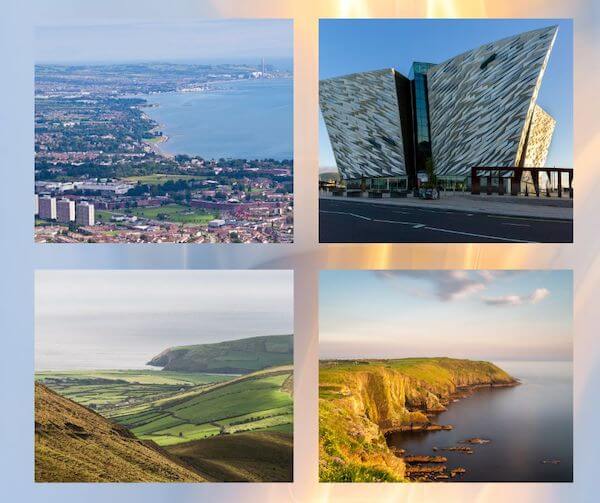National Geographic Traveller (UK) Magazine just released its Cool List 2024 and Belfast and the Wild Atlantic Way are among the 30 international destinations that made the cut.
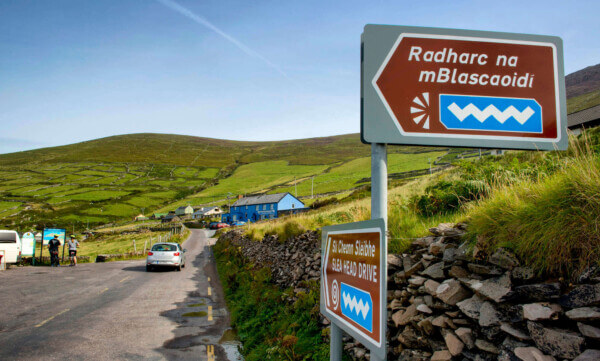
This new item contains affiliate links, and I may earn compensation when you click on the links at no additional cost to you.
Editors from the renowned magazine crossed the globe to find the most exciting destinations for travelers next year, including some of the world’s newest landmark hotels, exciting new train routes and much more.
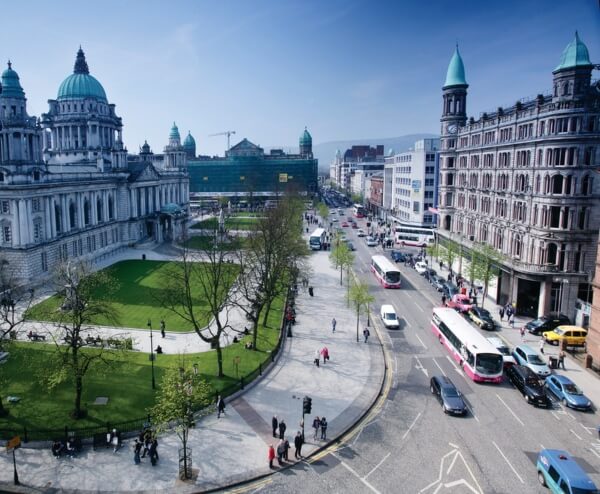
The naming of Belfast and the Wild Atlantic Way to the list is great news for both tourism destinations.
Next year, the city celebrates Belfast 2024, which will include a slate of events that will take place across the city, which has experienced an amazing resurgence in recent years given its tragic history during The Troubles.
Next year also marks an important milestone for the Wild Atlantic Way, which came together in 2014 and has since become a popular driving route that spans Ireland’s western seaboard.
What Visitors Shouldn’t Miss in Belfast
The magazine cited Titanic Belfast and the city’s riverfront and maritime heritage as important factors in the city’s growth.
Belfast is where the doomed luxury liner was built during the early 1900s.
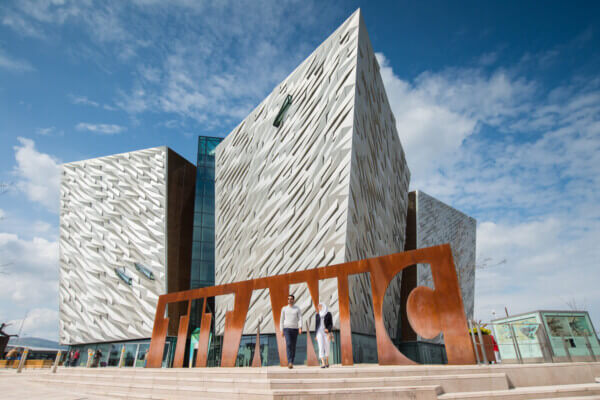
Today, the attraction, over the space of six floors, tells the epic story of how the tragedy unfolded and how it changed Belfast forever.
Also located in the Titanic Quarter is the recently opened Titanic Distillers.
Located in what was once the Titanic Pump House, this new tourist attraction is the first distillery to open in Belfast in 90 years.
The use of Belfast as base from which to make pivotal scenes for the popular Game of Thrones series has also cemented its success.

A new Game of Thrones Studio in nearby Banbridge has proved to be popular with visitors.
A Glass of Thrones trail on the Maritime Mile, the Game of Thrones tapestry on display at the Ulster Museum as well as several Game of Thrones-themed tours leaving the city on a daily basis is intended to keep fans satisfied.
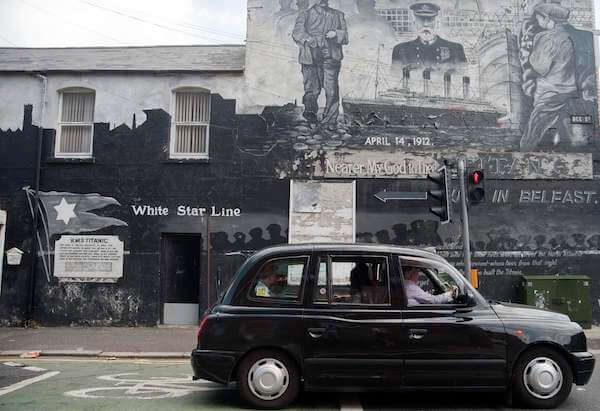
No visit to Belfast is complete without taking a Black Taxi Tour, which gives visitors a unique insight into the 30-year conflict that affected not only Belfast but Northern Ireland as a whole.
Can’t Miss Attractions Along the Wild Atlantic Way
Besides the can’t-miss spots along the route that the magazine cites, including the “edge-of-the-world” lighthouse at Fanad Head in County Donegal, the “lunar landscape” of the Burren, and the “paintbox-palette” town of Kinsale, there are many other attractions that are worth stopping for.
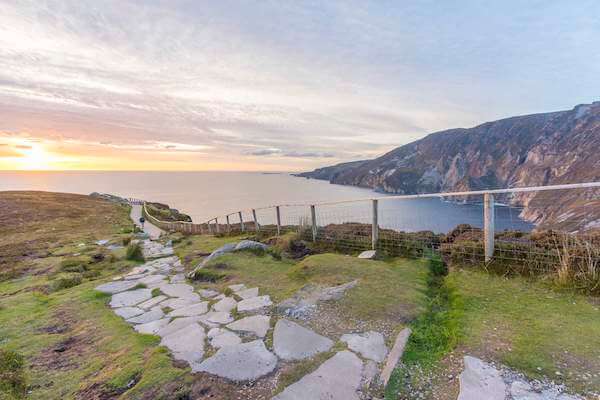
They include the Sliabh League Cliffs, also in Donegal, which are higher than the more popular Cliffs of Moher.
Less crowds and equally stunning scenery make this a worthwhile stop.
The Glencolmcille Famine Village is a short distance away, with recreated thatched cottages that are similar to what would have been used during the Famine of the mid-1840s.
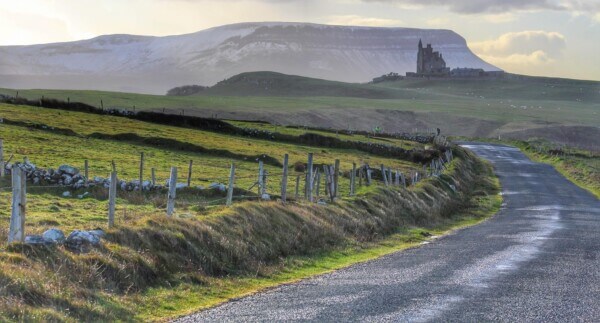
Budding photographers will have a chance to take some awesome snaps all along this route, but Classiebawn Castle in County Sligo, once belonging to the British Royal Family, is definitely one of them.
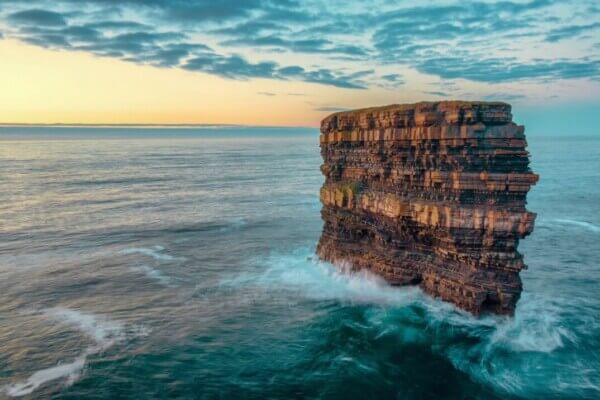
Farther along the route, the Dún Briste sea stack at Downpatrick Head is another Instagram-worthy shot.
Taking approximately 350 million years to form, this multi-layered giant of a rock keeps visitors returning again and again to this region of County Mayo.
Visitors may want to take Ireland’s only cable car to Dursey Island in County Cork’s Beara Peninsula, the last leg of the journey.
The cable car was reopened earlier this year after a major upgrade.

